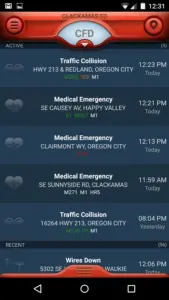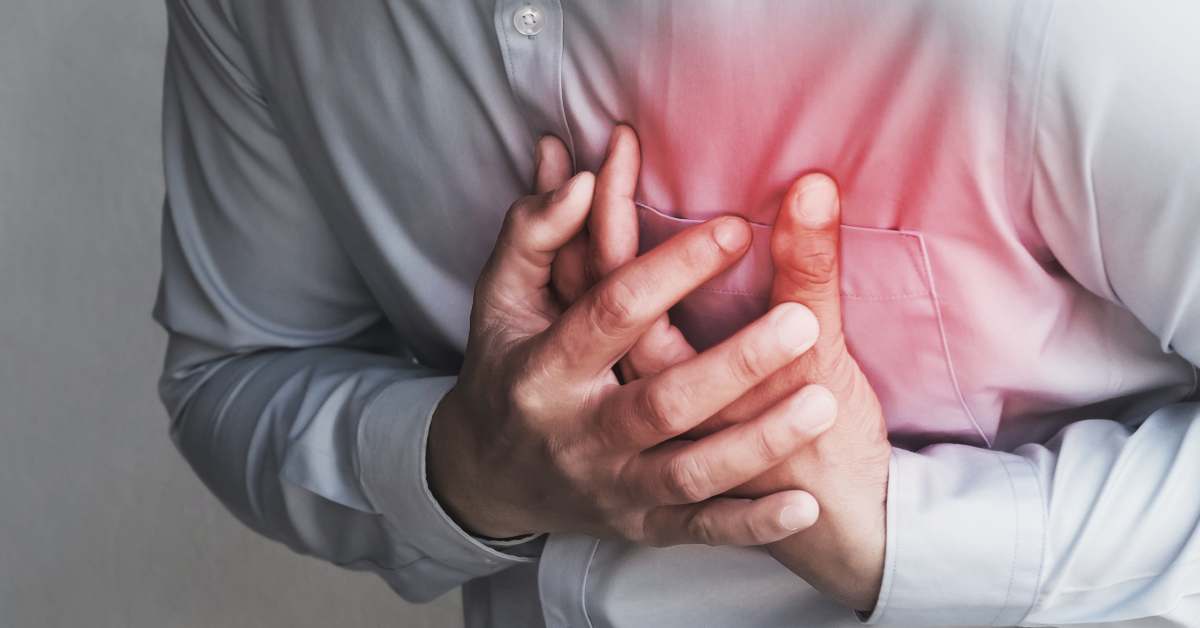Sudden Cardiac Arrest Victim Gets Assist from Technology
For Kory Trebbin, attending church on a Sunday morning in May, there was little warning that this day would differ from other Sundays. But, before it was over, the 53-year old Santa Clara resident would experience sudden cardiac arrest, lose his heartbeat for a full 18 minutes, and have his life saved by an off-duty ER physician who answered an alert from a mobile app in her phone.
 On seeing that Trebbin was unresponsive and had no pulse, witnesses dialed 9-1-1, summoning professional first responders. Simultaneously, a nearby off-duty ER physician was alerted via her Smart Phone of this emergency just blocks from her home. Arriving before the first responders, she performed CPR on Trebbin until police arrived with an Automated External Defibrillator, or AED, which she used to re-establish productive heart rhythm. She then accompanied Trebbin via ambulance to the nearest hospital, which happened to be the hospital at which she worked.
On seeing that Trebbin was unresponsive and had no pulse, witnesses dialed 9-1-1, summoning professional first responders. Simultaneously, a nearby off-duty ER physician was alerted via her Smart Phone of this emergency just blocks from her home. Arriving before the first responders, she performed CPR on Trebbin until police arrived with an Automated External Defibrillator, or AED, which she used to re-establish productive heart rhythm. She then accompanied Trebbin via ambulance to the nearest hospital, which happened to be the hospital at which she worked.
The app which alerted her, PulsePoint, is designed to strengthen the “chain of survival” by alerting nearby CPR-trained citizens to sudden cardiac arrests in the area, thus increasing the odds that lifesaving measures can be taken even before the arrival of Emergency Medical Services personnel.
Sudden cardiac arrest, which involves a malfunctioning of the heart’s electrical system, is often fatal, especially without medical intervention. In fact, after 10 minutes without resuscitation, there is little chance the victim will survive. So it’s not surprising that out-of-hospital SCAs are a leading cause of death in America, claiming the lives of 420,000 – close to half a million – people each year. The American Heart Association reports that prompt bystander assistance – early CPR and the administration of a therapeutic shock from a defibrillator, when indicated — can double and even triple chances of survival, and help reduce this grim statistic. LA-based cardiologist Dr. Leslie Saxon agrees on the need for bystander intervention, stating “It’s going to take a community to impact the dismal survival rates for out-of-hospital cardiac arrest patients.”
Trebbin, who suffered no cognitive damage in spite of having no heartbeat for 18 minutes, called his survival a “miracle” and credited the 911 callers, the first responders, and the existence of the mobile app. “PulsePoint connected me with someone who could, and did, save my life,” Trebbin said.



